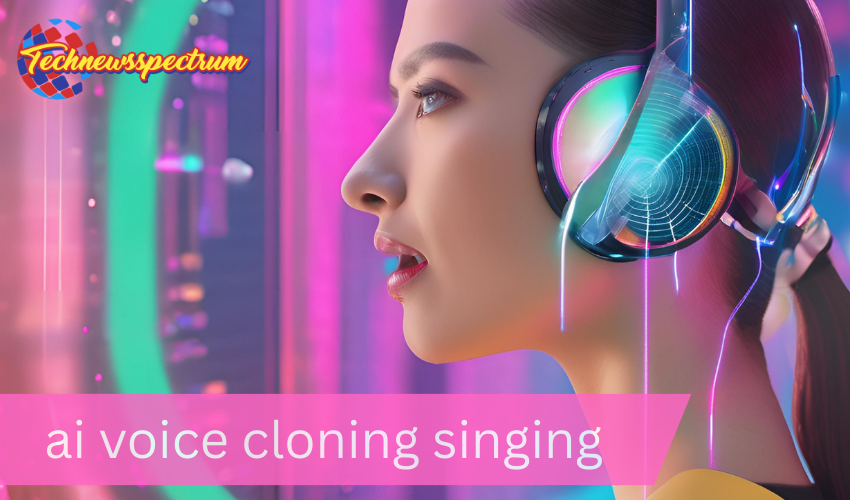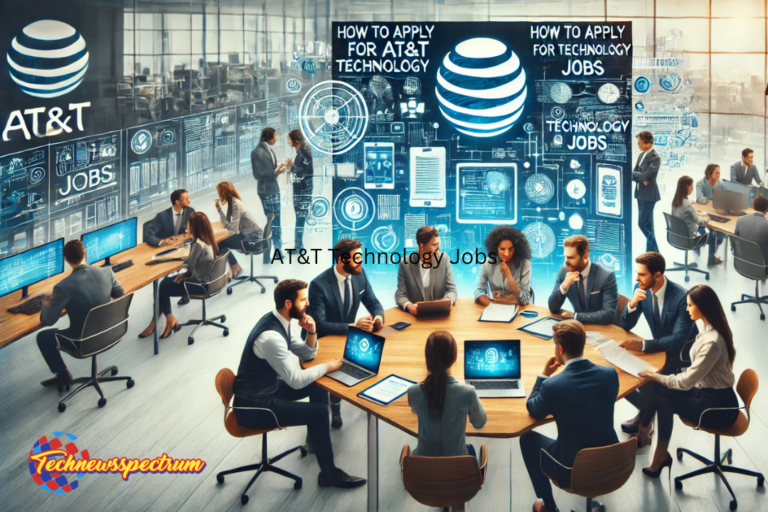AI Voice Cloning Singing: Game-Changing Tech Redefining Muic and Creativity
Table of Contents
| Section Number | Heading |
| 1 | Introduction to AI Voice Cloning Singing |
| 2 | How AI Voice Cloning Works in Singing |
| 3 | Importance of AI Voice Cloning in the Music Industry |
| 4 | Key Features of AI Voice Cloning Singing |
| 5 | Benefits of AI Voice Cloning for Singers and Creators |
| 6 | Top 10 AI Voice Cloning Tools for Singing |
| 7 | Advantages of Using AI Voice Cloning in Singing |
| 8 | Disadvantages and Ethical Concerns |
| 9 | The Future of AI Voice Cloning Singing |
| 10 | Real-World Applications of AI Singing Clones |
| 11 | Impact on Vocal Training and Education |
| 12 | The Role of AI Voice Cloning in Fan Experiences |
| 13 | Legal Considerations and Copyright Challenges |
| 14 | FAQs |
| 15 | Conclusion |
Introduction to AI Voice Cloning Singing
AI voice cloning singing refers to the use of artificial intelligence to replicate a human’s singing voice. It uses deep learning, especially neural networks, to mimic tone, pitchand emotion. With advancements in generative AI and machine learning, it’s now possible to reproduce iconic voices or create entirely new vocal styles that can sing songs convincingly.
From viral TikTok music to commercial jingles, the popularity of AI-generated vocals has skyrocketed. Whether you’re an indie artist, a produceror simply a fan, AI singing technology is changing how we listen to and make music.
How AI Voice Cloning Works in Singing
AI voice cloning singing starts with recording voice samples, which are then used to train models. These models identify pitch patterns, vocal timbre, accentuationand phrasing. Once trained, they can produce lifelike vocal performances in a wide variety of genres.
Key Technologies Involved:
- Text-to-Speech (TTS): Transforms lyrics into vocal output.
- Voice Conversion: Morphs one voice into another while preserving emotional tones.
- WaveNet and Tacotron 2: State-of-the-art systems that generate highly realistic speech and singing voices.
These systems analyze massive datasets to develop realistic voice models capable of singing any song in nearly any vocal style.
Importance of AI Voice Cloning in the Music Industry
AI voice cloning singing is reshaping how songs are produced and experienced. Here’s why it matters:
- Accessibility: Singers with voice loss or physical disabilities can still perform using their voice clone.
- Posthumous Albums: Fans can enjoy new music from late artists using AI-generated vocals.
- Cost Efficiency: Reduces the cost of studio time and session vocalists.
- Customization: Producers can create unique vocal styles tailored for specific projects.
This technology supports creators at every level, from bedroom beat-makers to international stars.
Key Features of AI Voice Cloning Singing
- Custom Voice Training: Models can be trained on any voice, including yours.
- Real-Time Synthesis: Some tools offer real-time voice generation for live performances.
- Emotional Expression: Modern AI can reflect emotions like sadness, excitementor calmness in singing.
- Multi-Language Support: AI singing tools support multiple languages for global reach.
These features combine to offer flexibility, scalability and precision that were previously impossible in vocal production.
Benefits of AI Voice Cloning for Singers and Creators
| Benefit | Description |
| Scalability | Artists can clone and distribute their voice worldwide without recording each song. |
| Creative Freedom | Producers can experiment with various vocal textures. |
| Speed | Speeds up demo production and testing. |
| Accessibility | Provides singing tools for those who can’t sing professionally. |
| Preservation | Enables archiving of iconic voices for future generations. |
These advantages make AI voice singing a powerful tool in both professional and personal music projects.
Top 10 AI Voice Cloning Tools for Singing
Here’s a list of popular AI singing tools in 2025:
- Voicemod
- iZotope VocalSynth
- Uberduck
- Replica Studios
- Respeecher
- Synthesizer V
- Descript Overdub
- Suno.ai
- Voicery
- Murf.ai
Each offers unique strengths in vocal quality, flexibilityor integration.
Advantages of Using AI Voice Cloning in Singing
- Innovation: Allows artists to test new musical styles.
- Fan Engagement: Unique experiences like AI-sung fan messages or covers.
- Cost Saving: Eliminates the need for costly re-recordings.
- Time Efficiency: Speeds up music production significantly.
- Data Preservation: Maintains vocal characteristics for archival purposes.
The technology empowers creators to produce professional-quality content efficiently and imaginatively.
Disadvantages and Ethical Concerns
| Issue | Description |
| Voice Theft | Unauthorized cloning of celebrity voices. |
| Loss of Authenticity | Human flaws and emotions can be lost. |
| Monetization Confusion | Legal ownership of AI-generated songs is unclear. |
| Deepfake Risks | Misuse in fake singing videos or impersonations. |
These risks raise questions about trust, copyrightand the soul of music.
The Future of AI Voice Cloning Singing
The next frontier for AI voice cloning singing lies in:
- Interactive Music: Fans co-create tracks with AI versions of their favorite singers.
- Live Concerts: Holograms singing with AI voices in real-time.
- Hyper-Personalized Songs: Songs tailored for individuals using their name, moodand context.
With more ethical oversight and artist consent, AI vocals can coexist alongside human expression.
Real-World Applications of AI Singing Clones
- Gaming: Immersive soundtracks with dynamic AI vocals.
- Film/TV: Replace scratch vocals or simulate famous singers.
- Marketing: Create jingles sung by AI versions of celebrities.
- Education: Provide vocal examples for students without hiring instructors.
This practical versatility makes AI singing a major development beyond the music charts.
Impact on Vocal Training and Education
AI tools help aspiring singers by:
- Offering instant feedback on pitch and rhythm.
- Simulating masterclasses with AI-cloned professional voices.
- Allowing non-singers to experience the thrill of singing.
Voice educators now blend AI tools into curriculum, offering new approaches to teaching.
The Role of AI Voice Cloning in Fan Experiences
Fans can:
- Create duets with AI versions of artists.
- Send AI-sung birthday songs.
- Remix existing songs using celebrity AI voices.
The emotional connection between fans and artists deepens when fans can participate musically.
Legal Considerations and Copyright Challenges
- Artist Consent: Required before cloning a voice.
- Content Ownership: Ambiguity over who owns AI-generated vocals.
- Label Rights: Record labels may control AI rights of contracted artists.
Laws are catching up with techbut current frameworks are still developing.
FAQs
1. Is AI voice cloning legal?
It depends on usage. Cloning singing someone’s voice without permission can lead to legal issues.
2. Can I use AI to clone my voice for singing?
Yes and many platforms allow you to train an AI model using your own voice.
3. Do AI-generated vocals sound real?
Yes, modern tools produce highly realistic vocals that are often indistinguishable from humans.
4. What are the best AI voice cloning tools for singing?
Tools like Uberduck, Synthesizer V and Suno.ai are widely used in the industry.
5. Can AI replace human singers?
AI can assistbut human emotion and creativity are still irreplaceable in many musical contexts.
6. Is AI voice cloning expensive?
Many tools are affordable, with some offering free versions for casual users.
Conclusion
AI voice cloning singing has brought a monumental shift to the way we understand, produceand consume music. While it opens the door to creativity, accessibilityand innovation, it also demands responsible use. Artists, developersand fans must engage in shaping this evolving space with respect and curiosity.







